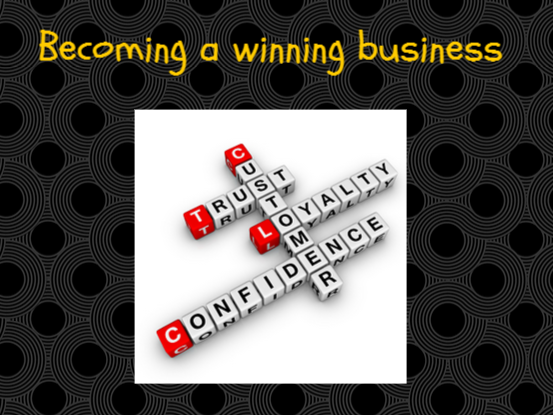Tag: your people

Business Growth: 10 Secret Steps to Become a Winning Business
In the world of a business environment, the winds of change are always blowing, aren’t they? Sometimes you see the effects, sometimes you choose to ignore them. Not the best approach if you want to provide for business growth and become a winning business. When the winds of change are blowing, you can either build…